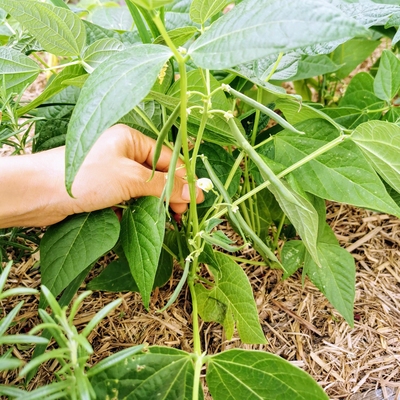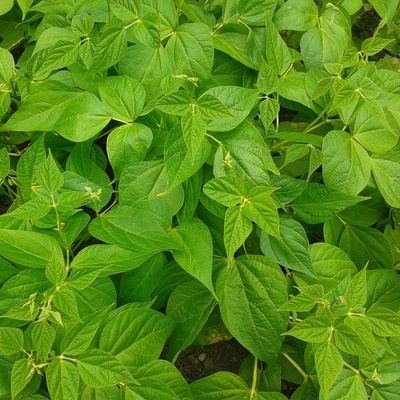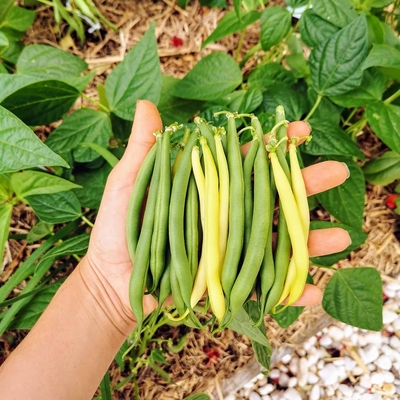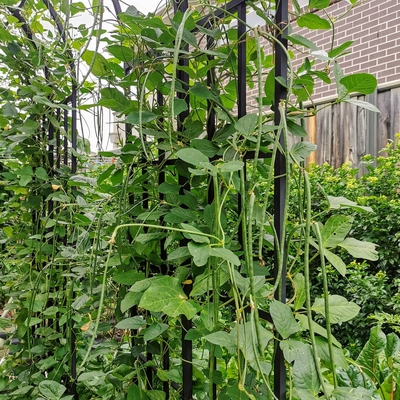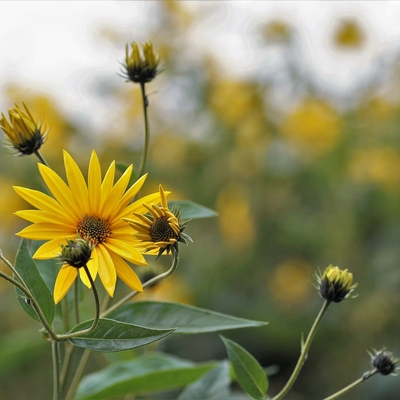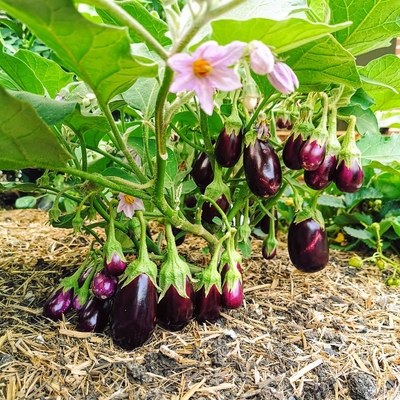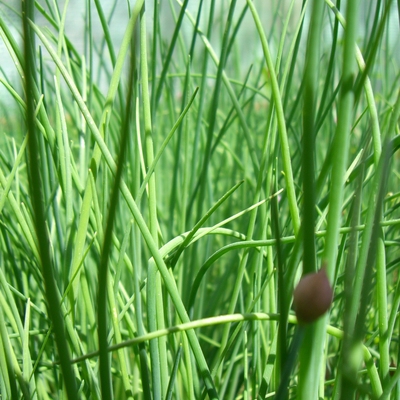Learn how to grow Dwarf Beans from seeds or seedlings in your garden. Find out what sun requirements these vegetables have, as well as spacing and planting information.
 Soil
Soil
What soil is good for Dwarf Beans?
Dwarf Beans require rich, well draining soil, with plenty of added compost to retain moisture.
 Position
Position
How much sun do Dwarf Beans need?
Dwarf Beans prefer a full sun position, however will tolerate partial sun or afternoon shade.
 Frost Tolerant
Frost Tolerant
Are Dwarf Beans frost tolerant?
No, Dwarf Beans are not frost tolerant.
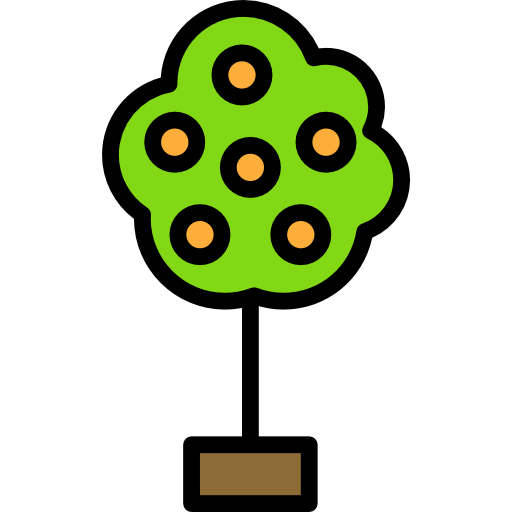 Spacing
Spacing
How much space do Dwarf Beans need?
Plant Dwarf Beans roughly 20cm apart.
 Planting
Planting
When should I plant Dwarf Beans?
Sow Dwarf Bean seeds in spring once the risk of frost has passed and once the soil has warmed.
Beans grow best in soil temperatures between 15.5 and 29°C (60–85°F).
If planting from seedling, plant out in the early morning or evening and/or on an overcast day. Avoid planting at peak sun times or on windy days, this will allow your plants to settle in comfortably and protect them from windburn and sunburn.
 Feeding
Feeding
What do I feed Dwarf Beans?
Before planting your Dwarf Beans, prepare the soil well with plenty of added compost.
Additional feeding is generally not required for beans.
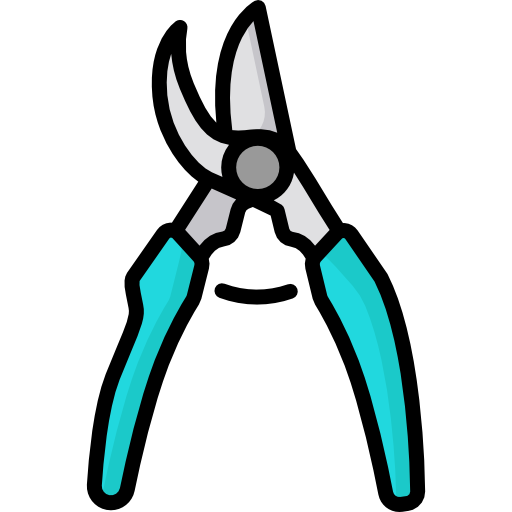 Harvesting
Harvesting
When can I harvest Dwarf Beans?
Harvest bean pods before they become tough and stringy, harvest regularly for a continuous crop.
 Pests
Pests
What pests do Dwarf Beans get?
Pests that can affect Dwarf Beans include: Aphids, Mites, Cutworm, Slug, Snail, Thrips, Armyworm, Corn Earworm, Leafminer, Looper, Mexican Beetle, Stinkbugs, Spider Mites, Leafhopper, 28 Spotted Ladybug, Flea Beetle, Mealybug.
 Diseases
Diseases
What diseases do Dwarf Beans get?
Diseases than can affect Dwarf Beans include: Mosaic Virus, Powdery Mildew, Root Rot, Rust, Leaf Spot, Anthracnose, White Mold, Blight, Damping-off.
 Notes
Notes
Is there anything else I need to know about Dwarf Beans?
Water your bean plants frequently throughout the growing season to prevent the shallow roots from drying out.
